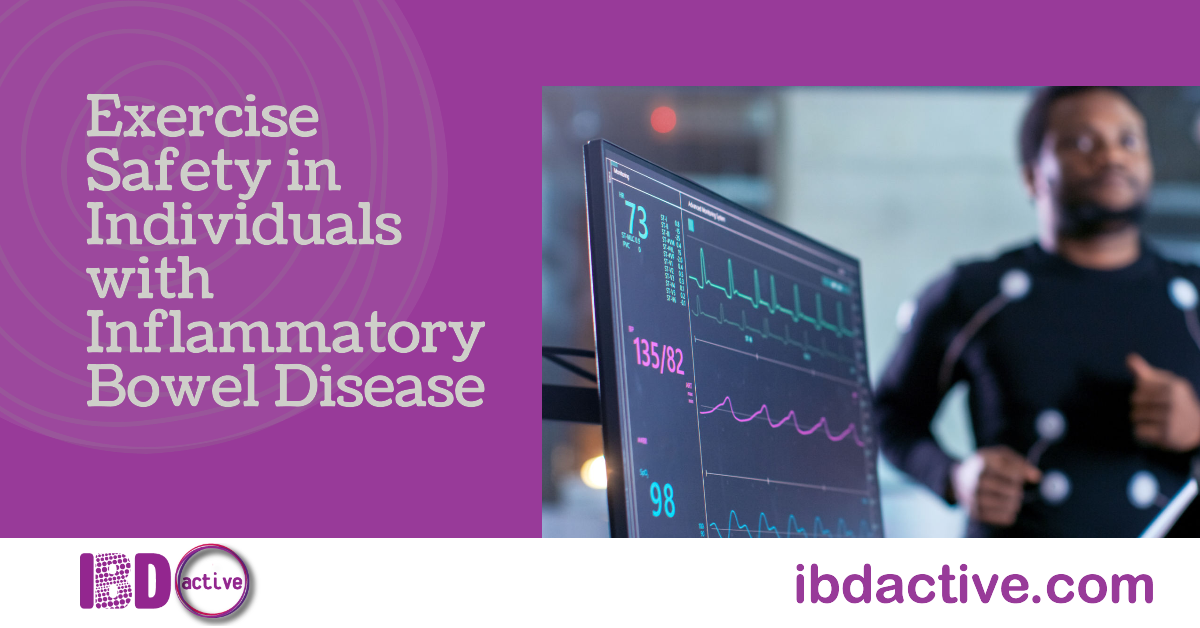Inflammatory bowel disease (IBD) is a chronic inflammatory condition that affects the gastrointestinal tract, including Crohn’s disease and ulcerative colitis. While medication and surgery are the primary treatments, exercise can also improve overall health and well-being for IBD patients. However, there are concerns about the intensity of exercise and its potential to worsen symptoms. This report examines the safety of exercise for people with IBD.
Benefits of Exercise for IBD Patients
Research suggests that exercise can offer significant benefits to patients suffering from IBD, especially those who are in remission or have mild-to-moderate disease activity. Studies have shown that regular exercise can help in reducing the risk of flare-up and potentially reduce the severity of the disease in existing cases.
In addition, exercise can improve the quality of life of IBD patients by reducing fatigue, which is a common symptom of the condition, and positively impacting mental health by reducing stress and depression. Weight-bearing activities, in particular, can help maintain bone health and increase bone mineral density in IBD patients who are prone to bone loss.
Safety Considerations
The safety of exercise for patients with inflammatory bowel disease (IBD) depends on the intensity of exercise and the current state of their disease. Studies have consistently shown that low-to-moderate intensity exercises like brisk walking, swimming, or yoga are safe and well-tolerated even during flares. It is recommended to perform this type of exercise at a moderate intensity, which corresponds to 50-70% of the maximal heart rate, for 30 minutes most days of the week.
On the other hand, the safety of high-intensity exercise (HIIE) in IBD patients remains unclear. Although some studies have shown no negative effects on symptoms during HIIE in remission, concerns exist about the potential worsening of inflammation. More research is required to determine the safety and potential benefits of HIIE in this population.
Factors to Consider When Exercising with IBD
Individuals with Inflammatory Bowel Disease (IBD) should prioritize rest and consult their healthcare provider before resuming exercise if they have active IBD or are experiencing a flare. If symptoms such as abdominal pain, rectal bleeding, or urgency worsen during exercise, it should be stopped immediately. Adequate hydration is crucial to prevent dehydration, especially during exercise that can lead to increased fluid loss. Scheduling exercise around bowel movements and avoiding strenuous activity immediately after meals may improve comfort. Open communication with a healthcare professional is essential to develop a safe and personalized exercise plan that considers individual needs and disease severity.
Conclusion
Regular exercise can be a safe and effective way to manage Inflammatory Bowel Disease (IBD), especially for those who are in remission or have mild-to-moderate disease activity. Low-to-moderate intensity exercise is generally well-tolerated, but the safety of high-intensity exercise is still being studied. It’s important to consult a healthcare professional for guidance and to tailor exercise intensity and type based on individual disease activity and symptoms. This will help to maximize the benefits and minimize the risks associated with exercise in patients with IBD.
References:
Ben-Horin, S., & Chowers, Y. (2017). Exercise in patients with inflammatory bowel diseases: current perspectives. National Institutes of Health [PubMed Central]. https://www.ncbi.nlm.nih.gov/pmc/articles/PMC8831770/
Faeconda, G., Lopatic, N., & Mantzaris, G. J. (2020). Intensity-specific considerations for exercise for patients with inflammatory bowel disease. National Institutes of Health [PubMed Central]. https://pubmed.ncbi.nlm.nih.gov/36814502/
Lindsay, J. A., Sigouin, C. J., & Loftus, E. V. (2018). Attitude and influencing factors on exercise in patients with moderately to severely active inflammatory bowel disease: a qualitative study. BMJ Open, 8(12), e023232. https://bmjopen.bmj.com/content/13/12/e080084

